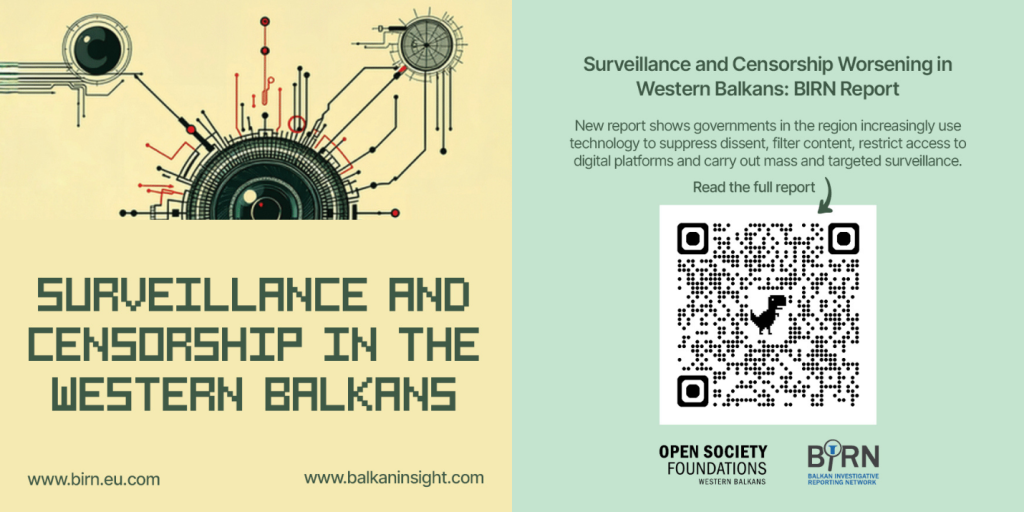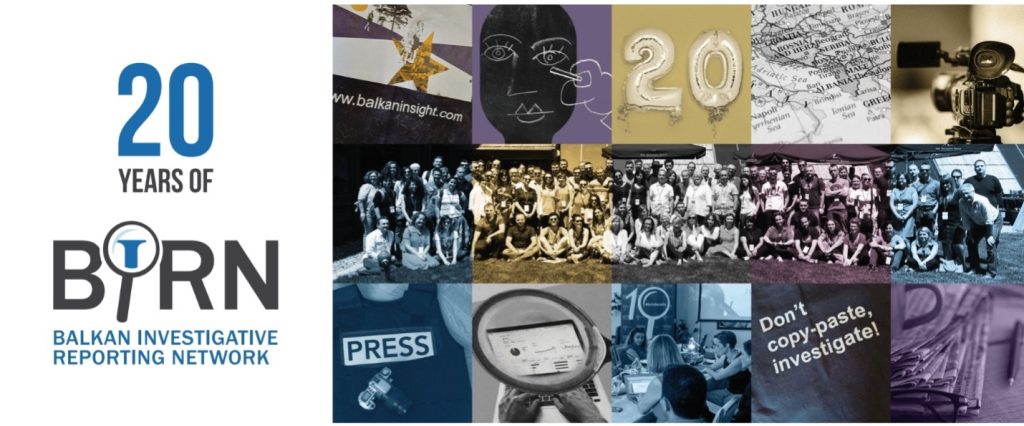This year’s Global Gathering focused on topics such as the digital security of journalists and civil society, countering online censorship and surveillance, disinformation and internet governance. The event brought together participants from over 144 countries. Through numerous discussions, sessions, and exchanges of experience, it provided space for collectively exploring ways to counter the increasing threats to digital freedoms.
“Participating in the 2025 Global Gathering was a powerful reminder of the importance of collaboration and solidarity among civil society, researchers, journalists, and technologists, in the face of growing digital authoritarianism. We had the chance to discuss strategies for building resilience and improving our watchdog work on digital rights violations. This is especially critical now, as civil society and independent media around the world operate under growing pressure, not only from repressive regimes, but also from severe financial constraints. In this context, staying focused, adaptable, and united in our commitment to digital freedoms is not only urgent, but essential.”
– Megi Reci, Digital Rights Research Lead at BIRN
As part of our contribution to the event, BIRN hosted a two-hour booth where we showcased the results of the Digital Rights Programme and shared insights from Southeast Europe. We used the opportunity to raise awareness about key findings related to censorship and surveillance in the Western Balkans, based on research conducted in 2024 and early 2025.
“At the event, we contributed by sharing BIRN’s experience in developing and applying civic monitoring methodologies to document and respond to digital rights violations, particularly in hybrid regimes across South East Europe. We presented findings from our ongoing research into surveillance and censorship practices in the Western Balkans, highlighted the importance of protecting digital rights during elections and political unrest, and addressed the often overlooked collusion between state actors and private tech companies.”
– Megi Reci added.

This participation holds particular significance as BIRN marks 20 years of work in defending media freedom, transparency, and human rights across the region. Reflecting on this milestone, Digital Rights Programme Coordinator Azra Milić noted:
“Over two decades of BIRN’s work, we have witnessed how the nature of repression has shifted – increasingly moving into the digital environment. In response to these changes, BIRN established the Digital Rights Programme, recognising the growing need to protect digital freedoms.”

